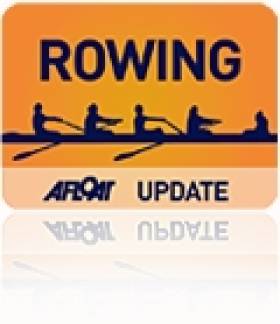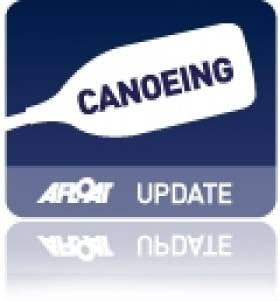Displaying items by tag: Copenhagen
Cork Takes On Copenhagen in New Rowing Regatta
#ROWING: Cork will stage a regatta tomorrow (Saturday) in which young local rowers will take on visiting crews from Copenhagen. About 60 rowers from Cork Boat Club, Lee Rowing Club, Shandon Boat Club and Presentation College Rowing Club will represent Cork rowing, while an estimated 20 Copenhagen rowers from three Copenhagen rowing clubs will compete. The Deputy Lord Mayor will officiate at a welcome reception for them, their coaches and parents today.
The Copenhagen crews in each race are made up of a selection of rowers from the three Copenhagen clubs. They will race against crews from the individual Cork clubs except in the eights races where the Cork crews will also be made up of a selection of rowers from the Cork clubs - four clubs in the case of the girls crews and three clubs in the case of the boys crews (PBC rowing club having male only members).
The regatta is being sponsored by the Port of Cork Authority and Maersk Shipping Line and the crews in the eights races will compete for the Port of Cork- Maersk Trophies.
This is an inaurgural event and it is intended that the event will be held in Cork and Copenhagen in alternate years.
The regatta will consist of the following races:
Boys Junior 15 Sculls
Boys Junior 16 Sculls
Boys Junior 16 Double Sculls
Boys Junior 16 Quadruple Sculls
Boys Junior 16 Eights
Girls Junior 15 Sculls
Girls Junior 16 Sculls
Girls Junior 16 Double Sculls
Girls Junior 16 Quadruple Sculls
Girls Junior 16 Eights
Canoeist Banks Comes Close in Copenhagen
#CanoeMarathon2013: Malcolm Banks of Salmon Leap Canoe Club finished fifth in the K1 50 to 54 class at the Canoe Marathon Masters World Cup in Copenhagen in Denmark today. The Irishman got away with the leading group and was just 28 seconds off a medal at the finish. Banks was a Masters world champion in 2008.































































